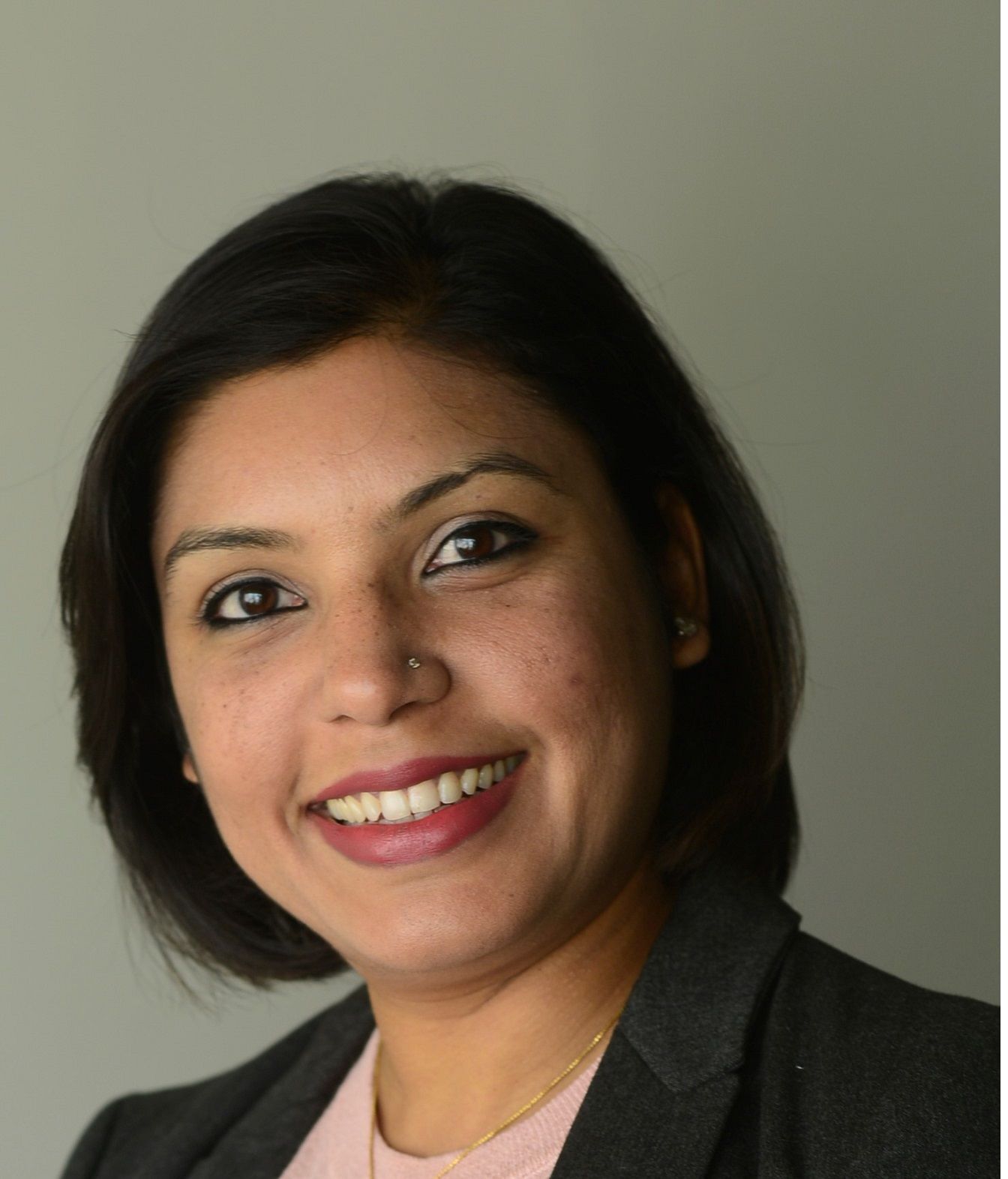Personal Finance News
Don’t make these 5 investing mistakes in 2025

5 min read | Updated on December 20, 2024, 12:13 IST
SUMMARY
The thing about money mistakes is that their impact can last longer than you desire. When that happens, instead of wasting time in regret, dust it off and ensure that those mistakes don’t make things worse.

Let 2025 redefine your money outcomes with the right investing behaviour. Representational image
The year 2024 is coming to an end. It’s a great time to look back and an even better time to look ahead towards 2025.
Our financial lives continue seamlessly as the calendars change, but we must take positive experiences forward and leave behind our mistakes. The thing about money mistakes is that their impact can last longer than you desire. When that happens, instead of wasting time in regret, dust it off and ensure that those mistakes don’t make things worse.
Number one, stop letting your emotions drive your spending. Isn’t the article meant to be about investing mistakes? That’s right, but the more prudently you spend, the more surplus you will generate to invest. Hence, we begin here. It’s true that with all the nudges in the form of advertisements and discounts, spending money is a given. But if you are spending because you think that unless you buy something in a sale, you’ll miss out or get left behind, or if you are spending just to pass the time or impulsively because you are angry about work, or because you are thrilled that 2024 is ending and why not celebrate by splurging on a party, then let’s stop. Align your spending habits with your needs first and then those wants that are likely to have a meaningful impact throughout the year rather than just a fleeting moment of gratification. Make 2025 about spending on desires that bring lasting joy. Don’t let your momentary emotional reaction dictate your spending outcomes.
Number two, stop investing blindly. If you are putting your hard-earned money to work, then why not take some time to do some homework? The number of stories one reads these days about investment scams is alarming. Why would you want to hand over your money to a stranger simply on the promise of a high return? Think about what you want your money to achieve, ask the proposer how they intend to secure the outcomes they are showing you, and remember anything guaranteed is too good to be true. There are no guaranteed returns in investing other than some Government schemes. Often we are guided by our greed in chasing investment returns. Instead, let reason be your guide. Ask questions about how the return is generated, the cost of the investment, and the risks involved, before putting your money down.
Number three, stop worshipping the last one-year return in any asset and portfolio. The last one-year return seems to be the motivation for most people to click the button and invest. It’s irrelevant when it comes to long-term wealth creation. Plus, remember that high return doesn’t just come from thin air, there is risk involved. Just because the last year’s return looks great, it doesn’t mean the next year’s returns will also be similar. Instead, focus on the quality of your investment and understand specific risks before investing blindly.
Number four, shift that emergency fund money out of your savings bank account. Just today I spoke to someone, who has Rs 15 lakh lying in his savings account. Your savings account pays interest at 3%-4% a year. Given annual inflation of 6%, you are losing money if you leave funds in that account. Whether this is the money that belongs to your emergency fund account or money that’s needed for long-term wealth creation, and you are unsure when and how to enter the equity markets, it’s best parked more gainfully. You may use short-term debt funds as an alternative. They are low-risk and flexible to allow shifting money out when needed. More importantly, returns are usually superior to inflation.
Lastly, don’t leave your tax-saving investment actions to the last quarter of the year. Tax-saving investments are famously bunched in January, just a couple of months before the end of the financial year. When you do this, firstly, you have to work hard to scramble the required lump sum investment to fill that bucket, which, you may not have in hand at the time. Secondly, you may end up making a sub-optimal investment choice because you are in a rush. Instead, start acting on this aspect right from April. First, understand from your salary slip and in consultation with your company HR, what your total tax-saving investment needs to be. Now decide where you will invest for this purpose. You can choose instruments like PPF, life insurance premium, equity-linked savings scheme (ELSS), ULIP, and so on.
If you already have an insurance policy with substantial cover no point going for more. PPF too is a 15-year locked-in product and needs a lot of thought. ELSS is a mutual fund scheme that lets you invest systematically every month. Hence, you don’t need to scramble for a lump sum and can simply start putting in small amounts towards tax-saving right from the first month of the new financial year.
Let 2025 redefine your money outcomes with the right investing behaviour. Unless you change how you approach investing and stop making these basic mistakes, you will not be able to go to the next level of wealth creation. What better time than the new year to begin the new approach to investing, sans the mistakes?
By signing up you agree to Upstox’s Terms & Conditions
About The Author
Next Story

